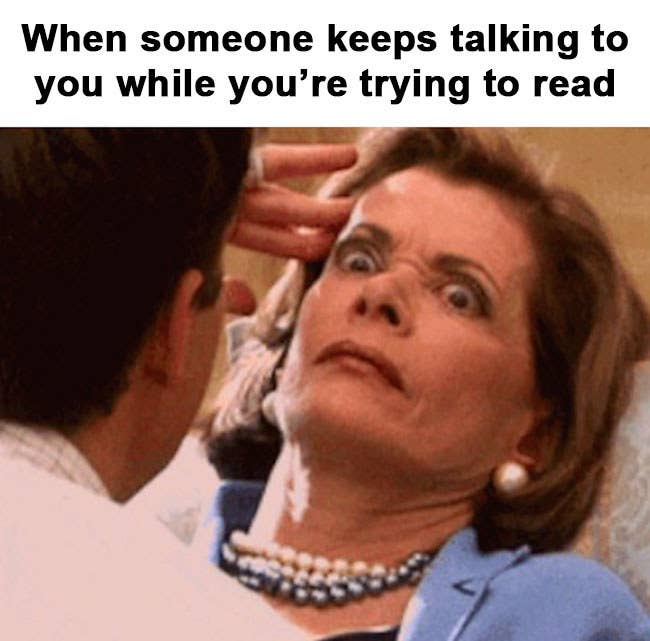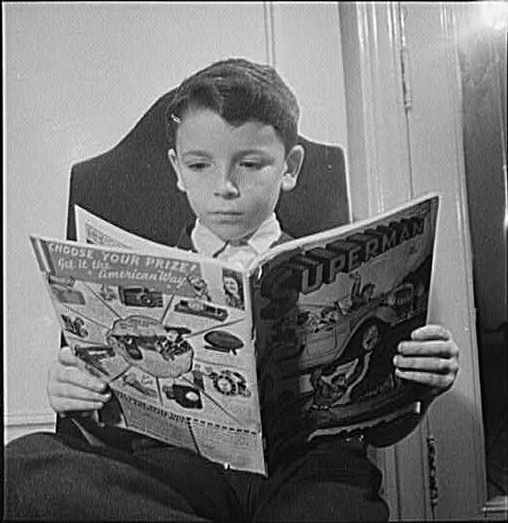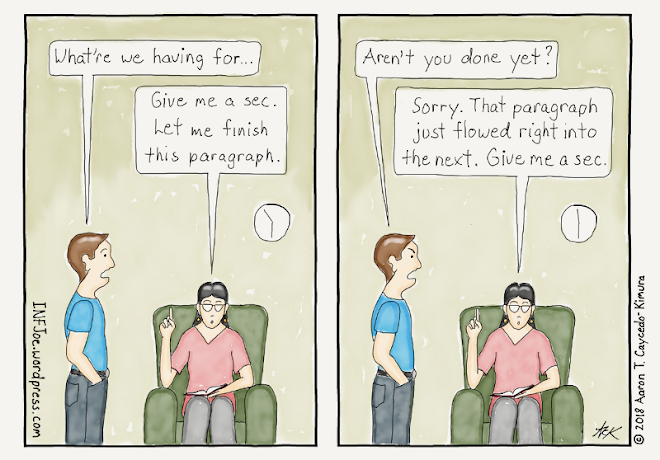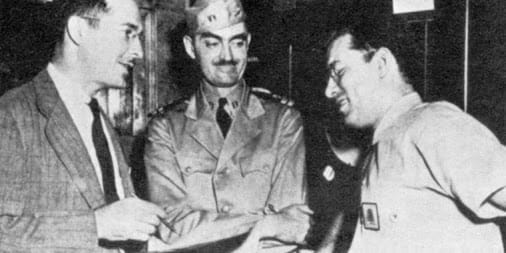An engaging novel about suicide that avoids being mawkish or simplistic
 Together We Will Go by J. Michael Straczynski
Together We Will Go by J. Michael Straczynski
My rating: 5 of 5 stars
Whoosh. A rough, exhausting book to read, yet utterly engaging; one I was eager to keep reading and get to the conclusion, and then sad to have found I’d done so.
Maybe like life, that way.
Straczynski manages here to be both epic and intimate, tragic and triumphant, gritty and philosophical, artificial in manipulating the writer’s craft and narrative into almost unbelievable shapes, yet still managing to keep it all together and so utterly real in its individual parts that the shape of the story and the nigh-implausible events that occur during it seem no more remarkable and therefore no less believable. I laughed, I cried, I rolled my eyes, I stroked my chin and went hmmmm …
Even in its very tackling of subject of suicide, JMS tries, and manages, to have it both ways — both critical and accepting of the act. He seems to come down on the position of suicide is sometimes the better outcome for an individual, but because it’s not accepted (and, in fact, condemned and fear-mongered over) by society for a variety of reasons, it leads to people inadvertently lurching into it without enough thought, without the support of others. Unnecessary suicide becomes what is mourned here, suicide committed without self-awareness or self-control. Freedom, informed freedom even, is paramount here, on both sides of the equation. That’s in part why a book that ostensibly is about a band of strangers on a bus, headed toward a group suicide for their own, individual reasons, can with a straight face include a message about the National Suicide Hotline in its final pages.
JMS does all of this heavy lifting over the course of that long bus ride from coast to coast. But because a bunch of people talking about this stuff, with others or to themselves, would be boring, he brings in all sorts of complications, from interpersonal conflicts, to lies that call the whole trip into question, to people doubting whether this is the right course for them but whether they’ve come too far to turn back, to secrets that explode (or, maybe, fizzle) out, to inevitable betrayals, to even more inevitable conflict with and pursuit by the authorities. Some of it feels narratively contrived, in the “Writing Prompt #5: Somebody walks into a room with a gun” style, but because the characters feel so real and our focus is on them and their reactions to events, it all manages to work.
Even the central story-telling conceit — having it be an epistolary novel, made up of letters and emails and blog entries and voice recordings and text messages — feels like a clever artifice, while actually letting us see more clearly how the characters are actually feeling (or are willing to share in how they are feeling), a verisimilitude that simple bouncing back and forth between 1st person PoVs wouldn’t provide. Eventually it becomes part of the novel itself: providing a sense of the chaotic, creating hints of stuff we can’t see and want to, and, eventually, setting up the question of why all this material is being gathered and what will happen to it, providing an unexpectedly (and almost, but not quite, too) neat frame around the entire picture.
Is it a book I would recommend to someone dealing with suicide, either considering it for themselves or facing the death of a loved one? That’s a question I don’t know the answer to, but I can definitely see the argument for it, as it promotes the clarity of consideration that might be of tremendous help — as well as that hotline number.
Great book. It’s not one I’m going to just casually pick up and read any time soon — but it’s a book I suspect I will, with consideration, pick up again.
View all my reviews























